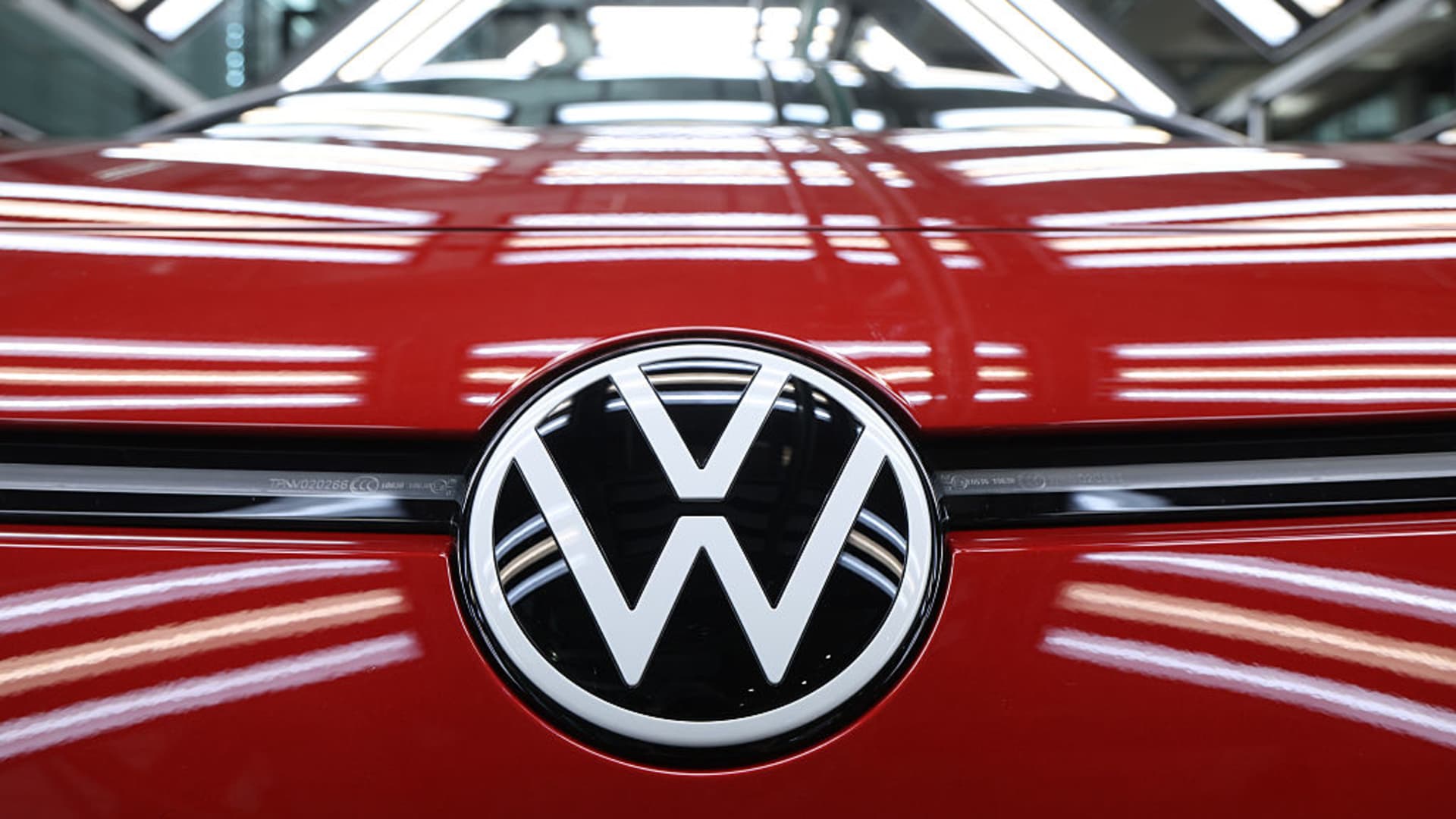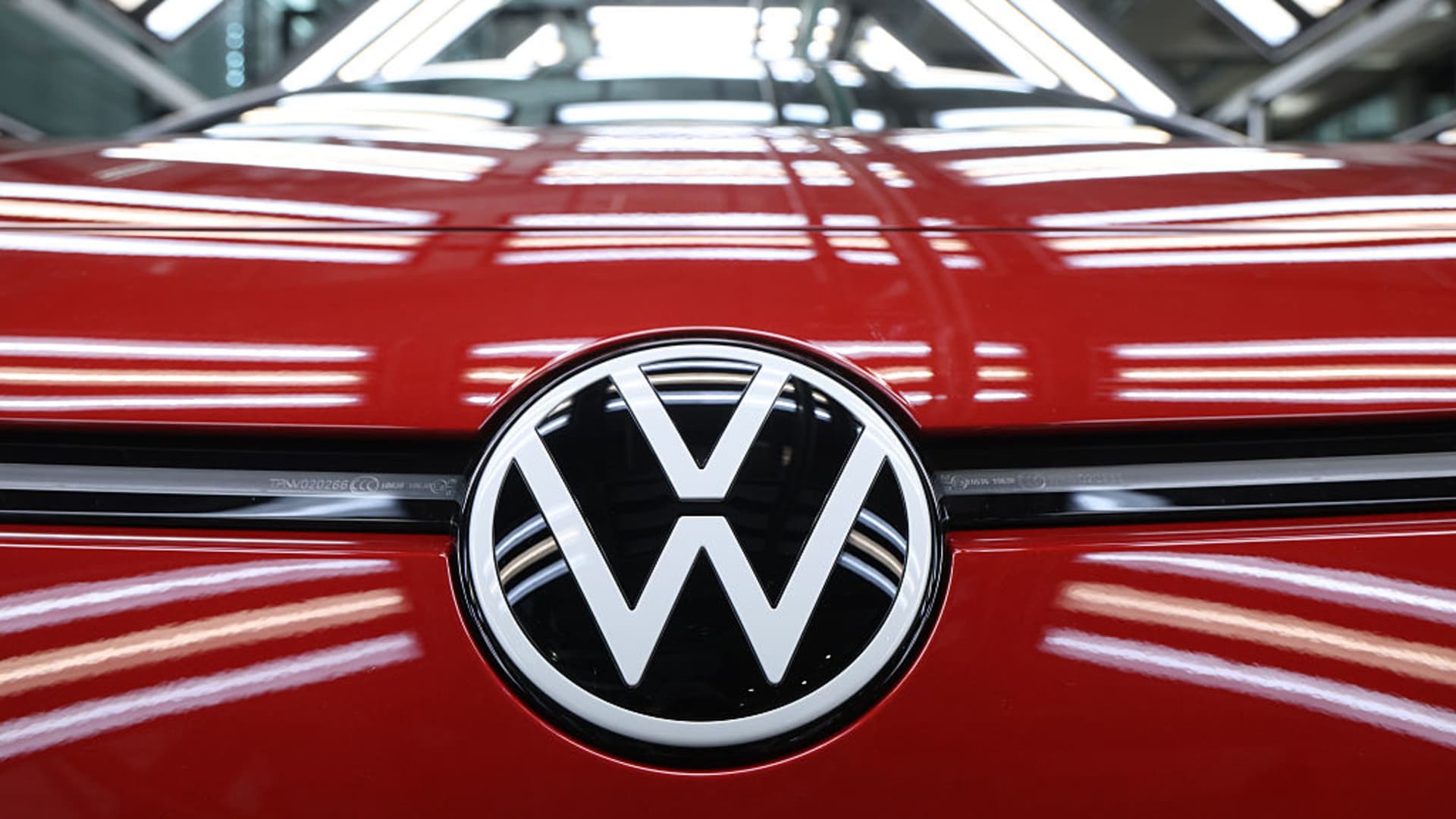Navigating Turbulent Waters: Volkswagen’s Strategic Response to Tariff Challenges
The Evolving Landscape of Global Trade
The automotive industry operates within a complex web of global trade dynamics, where shifts in policy can send shockwaves through supply chains and financial performance. Volkswagen, as one of the world’s largest automakers, finds itself at the intersection of these economic crosscurrents. The imposition of tariffs, particularly by the United States, has introduced a new layer of complexity to Volkswagen’s operations. These trade barriers are not isolated incidents but part of a broader trend toward protectionism that is reshaping the global economic landscape. For Volkswagen, this means adapting to a new reality where traditional business models and supply chain strategies may no longer be sufficient to ensure profitability and growth.
The Financial Impact of Tariffs on Volkswagen
The direct financial impact of tariffs on Volkswagen is both immediate and profound. Tariffs increase the cost of imported components, raw materials, and finished vehicles, directly eroding profit margins. Volkswagen’s financial reports reflect this reality, with noticeable declines in earnings coinciding with the escalation of trade tensions. The company has had to revise its financial guidance downward, attributing the adjustments to the anticipated impact of tariffs on its operations. This financial strain is not limited to the United States but extends to other markets where Volkswagen operates, as tariffs can disrupt the flow of goods and increase the cost of doing business.
The Challenge of Predicting Trade Policy
One of the most daunting challenges for Volkswagen is the inherent unpredictability of trade policy. The global trade landscape is in a state of flux, with policies and agreements subject to sudden changes based on political and economic factors. This uncertainty makes it difficult for Volkswagen to make long-term strategic decisions with confidence. The company has acknowledged the need to “quantify the impact” of tariffs on its U.S. operations, but predicting the future of trade relations is akin to navigating a maze with shifting walls. This uncertainty forces Volkswagen to adopt a cautious approach, balancing potential risks and benefits before committing to significant investments or strategic shifts.
Volkswagen’s Strategic Adjustments
In response to the challenges posed by tariffs, Volkswagen is implementing a multi-faceted strategy to mitigate the impact and position itself for long-term success. These strategies are designed to address both immediate financial pressures and long-term competitive positioning.
Cost Optimization and Efficiency Gains
Volkswagen is actively seeking ways to reduce costs throughout its operations. This includes streamlining production processes, negotiating better deals with suppliers, and identifying areas where efficiency can be improved. The goal is to offset the increased costs associated with tariffs by making the overall operation leaner and more efficient. By focusing on cost optimization, Volkswagen aims to maintain its competitive edge despite the financial headwinds created by tariffs.
Price Adjustments and Market Sensitivity
In some cases, Volkswagen may be forced to raise prices on its vehicles to offset the impact of tariffs. However, this is a delicate balancing act, as raising prices could make Volkswagen less competitive in price-sensitive markets. The company must carefully consider the price elasticity of demand for its vehicles and adjust prices accordingly. This requires a deep understanding of consumer behavior and market dynamics, as well as the ability to communicate the value proposition of Volkswagen’s products effectively.
Regional Strategies and Localization
Volkswagen is increasingly focusing on regional strategies, tailoring its products and marketing efforts to meet the specific needs and preferences of different markets. This allows the company to be more responsive to local market conditions and reduce its reliance on global supply chains. Additionally, Volkswagen is investing in local production facilities in key markets. By producing vehicles and components locally, the company can reduce its reliance on imports and potentially qualify for preferential trade agreements. This strategy not only mitigates the impact of tariffs but also strengthens Volkswagen’s position in local markets.
Accelerating the Transition to Electrification
Volkswagen is accelerating its transition to electric vehicles (EVs), viewing it as a long-term strategic advantage. EVs are less susceptible to tariffs on traditional internal combustion engine components. Additionally, government incentives and consumer demand for EVs are growing globally, making this a promising area for future growth. By investing heavily in EV technology and infrastructure, Volkswagen aims to position itself as a leader in the rapidly evolving automotive market.
The United States: A Market of Opportunities and Challenges
Despite the challenges posed by tariffs, the United States remains a strategically important market for Volkswagen. The company has reiterated its determination to use U.S. sales growth to offset declining sales in China and Europe. Volkswagen recognizes the potential of the U.S. market and is committed to investing in its growth. However, the company’s success in the U.S. will depend on its ability to navigate the complex web of trade regulations and compete effectively with domestic and international automakers. This requires a nuanced understanding of the U.S. market, as well as the ability to adapt to changing consumer preferences and regulatory environments.
Beyond Tariffs: A Convergence of Challenges
Tariffs are not the only challenges facing Volkswagen. The company is also grappling with a range of other issues that are reshaping the automotive industry. These include:
- Political Uncertainty: Geopolitical instability and shifting political landscapes create uncertainty and make it difficult to predict future trade policies.
- Growing Competition: The automotive industry is becoming increasingly competitive, with new players and disruptive technologies emerging at a rapid pace.
- Technological Disruption: The rise of electric vehicles, autonomous driving, and connected car technologies is transforming the automotive industry and requiring significant investments in research and development.
These challenges, combined with the impact of tariffs, create a complex and dynamic environment for Volkswagen. The company’s ability to adapt and innovate will be critical to its long-term success.
The Broader Implications for the Automotive Industry
Volkswagen’s experience with tariffs has broader implications for the entire automotive industry. The industry’s globalized supply chains make it particularly vulnerable to trade disruptions. As companies like Volkswagen adjust their strategies to mitigate the impact of tariffs, other automakers are likely to follow suit. This could lead to:
- Increased Localization: Automakers may increasingly shift production closer to end markets to reduce their reliance on imports.
- Supply Chain Diversification: Companies may seek to diversify their supply chains to reduce their dependence on any single country or region.
- Consolidation: The automotive industry may experience further consolidation as companies seek to achieve economies of scale and share the costs of adapting to new technologies and trade realities.
- Innovation: Tariffs and other challenges may spur innovation as companies seek to develop new technologies and business models to stay competitive.
Conclusion: Charting a Course Through Uncertainty
Volkswagen’s journey through the turbulent waters of tariffs and trade uncertainty serves as a microcosm of the broader challenges facing the global automotive industry. The era of predictable trade and stable supply chains appears to be over, replaced by a new reality characterized by uncertainty, volatility, and constant disruption. To thrive in this new environment, Volkswagen and other automakers must be agile, innovative, and adaptable. They must be prepared to adjust their strategies, optimize their operations, and embrace new technologies. The road ahead will be challenging, but those who can navigate the turbulent waters will be well-positioned to succeed in the long run. Volkswagen’s response to the tariff storm will undoubtedly shape its future and provide valuable lessons for the entire automotive industry. By focusing on cost optimization, regional strategies, and technological innovation, Volkswagen can chart a course through uncertainty and emerge stronger on the other side.












